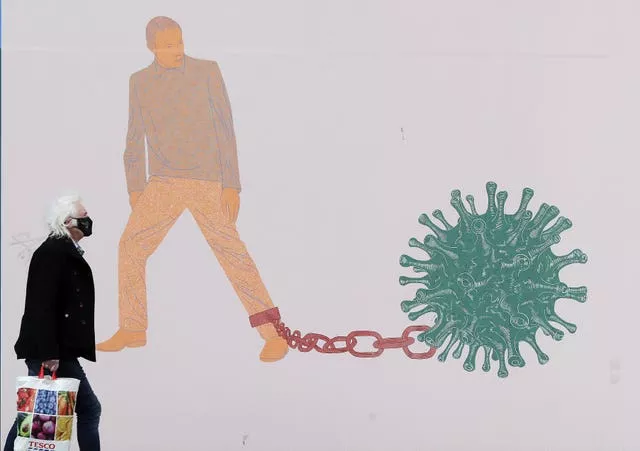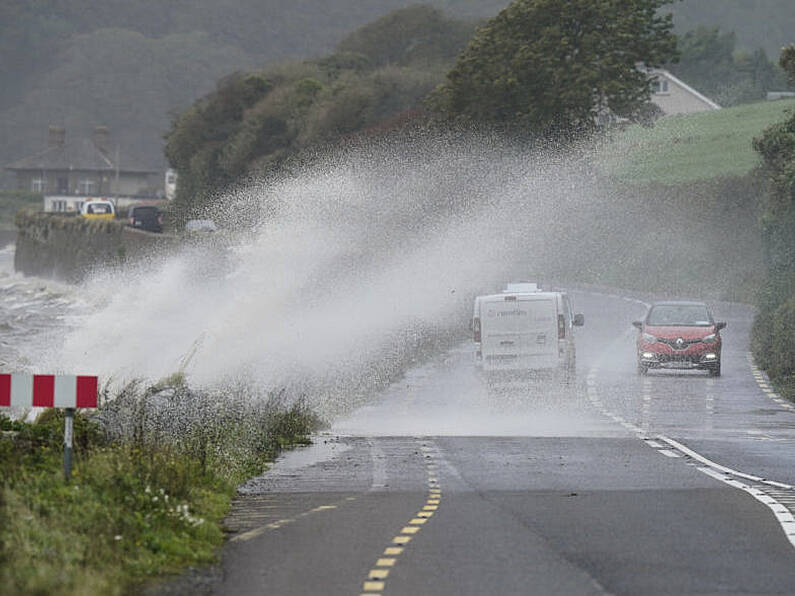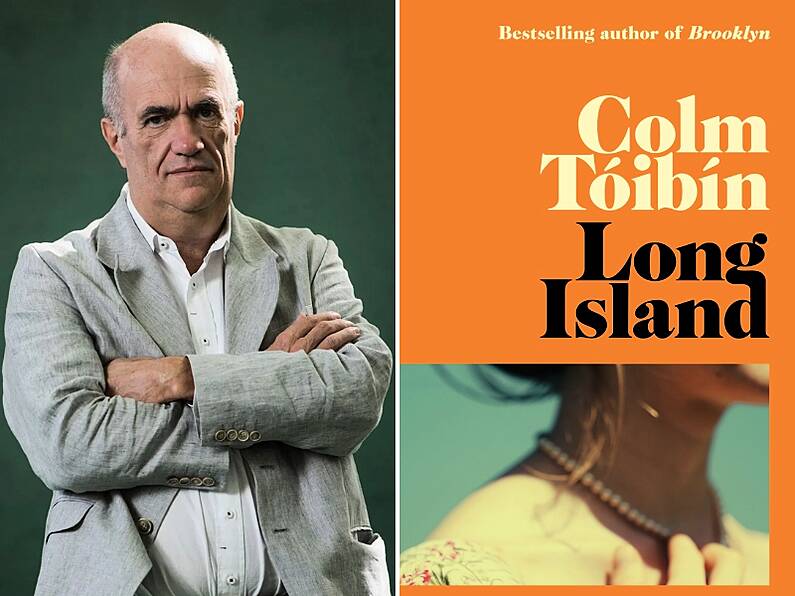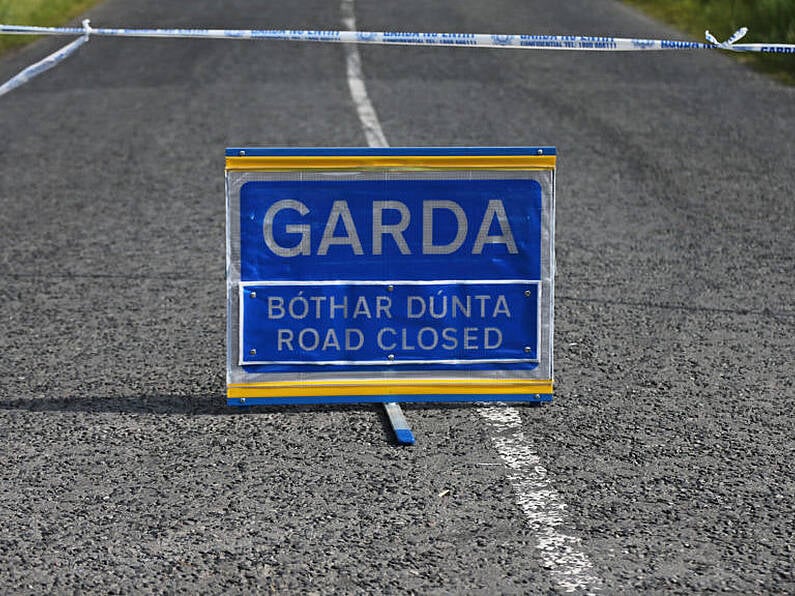By James Ward, PA
Vaccinated people will be able to hug their grandchildren once restrictions are eased next week, the chief medical officer has confirmed.
As part of the “vaccine bonus”, people who have had their jabs will be able to meet with unvaccinated people from one other household, indoors and without masks from Monday, May 10th.
On Friday, CMO Dr Tony Holohan confirmed this meant that grandparents will once again be able to hug their grandchildren.
He said: “People who are vaccinated will be in a position to meet other people who are unvaccinated, so long as those unvaccinated people come from just one other house, and are in the low-risk groups.
“So that’s what the bonus applies for and it enables them to do that, to not have to take the other precautions.”
Put to him that his comments will have made a lot of people very happy, Dr Holohan replied: “I hope so.”

He told a briefing of the National Public Health Emergency Team (Nphet) that people in older age cohorts have “shouldered the burden of the challenge of this”.
“It’s been really hard for people in those age groups, cut off from their own children, and cut off from their extended family and in particular grandchildren.
“So yes, this is something that I think most, most people will see, understand, and welcome,” he added.
From Monday, the ban on inter-county travel will be lifted, personal services such as hairdressers and barbers will return, and click-and-collect retail services will resume.
Workplaces
But Dr Holohan has urged people to proceed with caution, in particular calling for people not to return to workplaces unless absolutely necessary.
He said: “We think it’s really important that we avoid attending the workplace unless it’s necessary.
“We’ll ask employers to work with their staff and ensure that there isn’t pressure on staff to unduly come back to work, in situations where it isn’t essential that they be in the workplace.”
He said there was analysis to suggest that recent case rises could be attributed to contacts in workplaces.
While people are asked not to begin planning trips abroad yet, Dr Holohan said he hoped to provide clarity on the situation “in the not terribly distant future”.
Deputy CMO Dr Ronan Glynn said there remain concerns about the high incidence rate in a number of counties, including Donegal, Kildare, Dublin and Roscommon.

“As we move into next week and the easing of measures, it becomes all the more important for people across the country to understand the disease profile in their area,” he said.
Dr Holohan said he hoped that placing restrictions on individual counties, as happened last year in Laois, Offaly and Kildare, could be avoided.
But he added: “If we thought we needed to change the advice about measures that might need to be taken around an individual county then we will do that.”
The public have also been asked not to purchase antigen testing kits, which have recently gone on sale in supermarkets.
Dr Holohan said that while antigen testing has a role to play in combating the pandemic, he was concerned people may be given a false reassurance that they are safe.
“We strongly advise people don’t buy these and use them,” he said.
Earlier, the chief executive of the HSE said Ireland’s Covid-19 vaccine rollout is at a point of “very strong momentum” to give the public confidence.
Paul Reid said he had never felt a stronger moment of “hope and optimism” than he did now.
Friday saw four further deaths linked to Covid-19 and an additional 434 confirmed cases, the Department of Health said.
There were zero cases among people aged over 85 and just two cases among people aged between 75 and 84.






